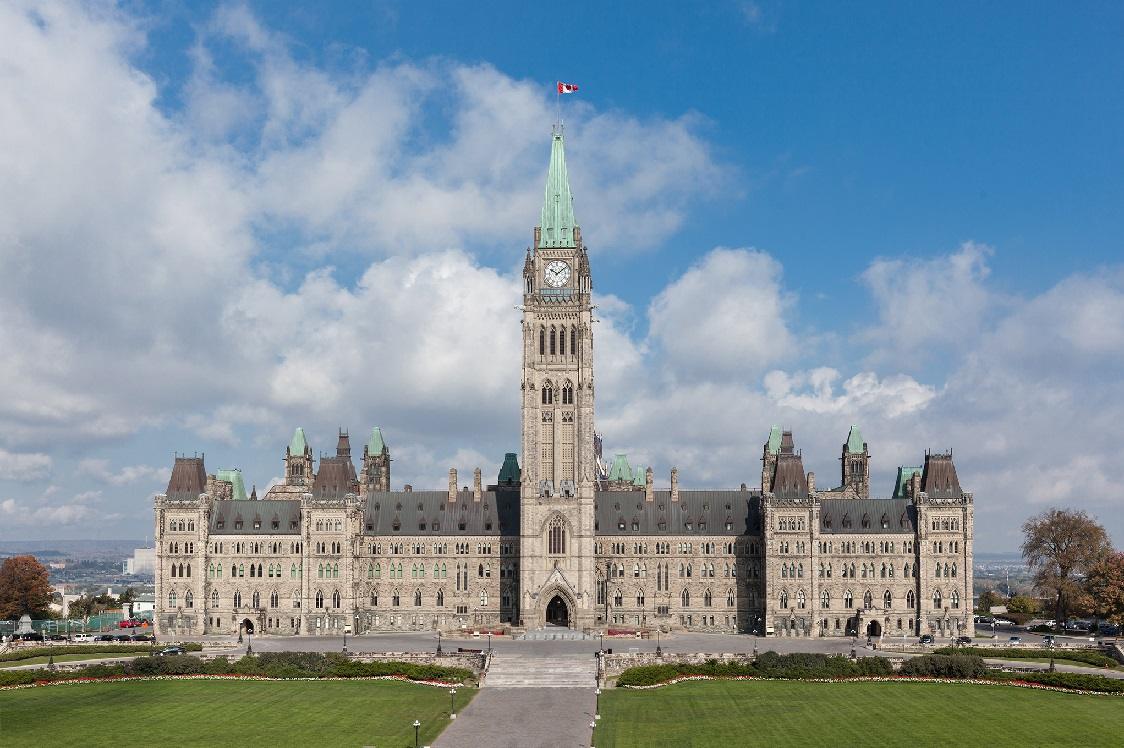Canada to Invest $200 Million in Nature-Based Solutions Projects to Protect Biodiversity, Address Climate Change
The Government of Canada announced that it will provide up to $200 million over the next five years to fund projects focused on nature-based solutions to addressing climate change.
Nature-based solutions, according to International Union for Conservation of Nature (IUCN), are “actions to protect, sustainably manage, and restore natural and modified ecosystems that address societal challenges effectively and adaptively, simultaneously providing human well-being and biodiversity benefits.” The solutions are one of the key tools to help meet global decarbonization goals, with projects that are typically included in the definition encompassing those focused on redeveloping forests or wetlands, which protect or transform land, improve biodiversity, and enable nature to absorb CO2 from the environment.
The new commitment from the Government of Canada follows the country’s commitment last year to achieve net zero emissions by 2050, followed in July 2021 of an interim goal to cut greenhouse gas (GHG) emissions by 40% – 45% by 2030.
According to Steven Guilbeault, Canada’s Minister of Environment and Climate Change, nature-based solutions will help the country achieve its climate goals. Guilbeault said:
“Canada is home to 24 percent of the world’s wetlands, 25 percent of temperate rainforest areas, and 28 percent of remaining boreal forests. These ecosystems are globally significant for absorbing carbon, mitigating the impacts of climate change, and protecting biodiversity. Investments to conserve, restore, and enhance these vital ecosystems and increase their resilience support our targets to address climate change and contribute to Canada’s efforts to transition to a net-zero economy by 2050, help stem biodiversity loss, and contribute to job creation in the green economy.”
The funding will be made through the Nature Smart Climate Solutions Fund, launched earlier this year. Projects supported by the investments will include those focused on restoring degraded ecosystems, conserving carbon-rich areas at high risk of conversion, and improving land management practices, especially in the agriculture, forest, and urban development sectors.





